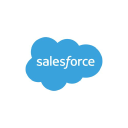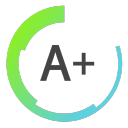On Starting Hack Reactor And Kicking Off The Coding Bootcamp Movement
Hello! Who are you and what are you working on?
My name is Tony Phillips and I’m the Chief Product Officer of Galvanize. I am working on all of our educational programs, including our Data Science Immersive bootcamp and our Software Engineering Immersive bootcamp.
The EDU team also includes a new addition: Tech Talent Pipeline. TTP is a new program sponsored by the city of New York where we are working with unemployed and underemployed New Yorkers to help them launch careers in data and marketing analysis.

What's your backstory and how did you get into entrepreneurship?
I’ve run small companies ever since I was young. When I was in high school, I ran a recording studio out of our basement for aspiring artists before computer-based recording equipment was really a thing. We bought professional-grade recording equipment and built a sound studio, so ever since,...
















